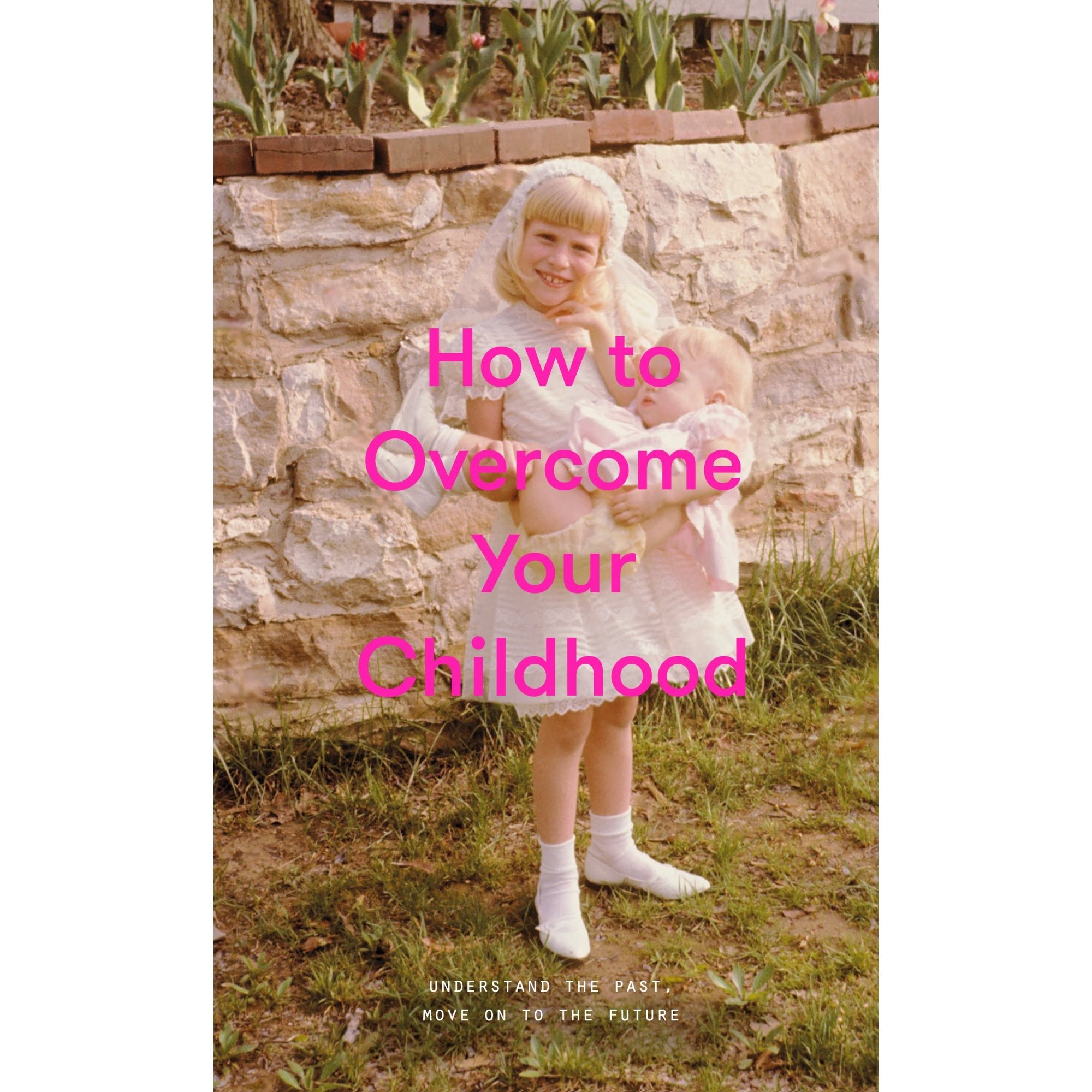What to Do When Anxiety Hits
Anxiety is a common emotion experienced by people of all ages and backgrounds. It can be a result of various factors such as stress, trauma, or even genetics. Regardless of the source, it’s important to know what steps to take when anxiety hits in order to reduce its negative impact on your life.
The first step when dealing with anxiety is to understand it.
Anxiety can manifest itself in different ways such as fear, worry, and panic attacks. Once you understand the type of anxiety you are experiencing, it will be easier to determine how best to cope with it.
Breathing Exercises
One way to help manage anxiety is to practice deep breathing exercises. Taking slow, deep breaths helps your body relax from the tension caused by anxiety. Additionally, it can help reduce your heart rate, thus calming you down.
Mindfulness
Another way to handle anxiety is to practice mindfulness. This means focusing on the present moment, rather than worrying about the future or ruminating over past events. Mindfulness techniques such as guided meditation and yoga can help bring a sense of peace and calmness when dealing with anxious feelings.
Prevention
It’s also important to find healthy ways to cope with stress in order to reduce its effects on your mental health. Taking part in activities that promote relaxation, such as going for a walk, reading a book, listening to music, or writing in a journal are all great methods for relieving stress. Talking with friends or family members about what you’re going through is also beneficial. Recently I’ve been reading How to Overcome Your Childhood by the School of Life, a guide to breaking free from the enduring, and sometimes damaging, behavioral patterns we learned in childhood.
As we try to navigate the complexities and anxieties of adulthood, considering our childhoods can feel like a daunting task. They happened so long ago; we can probably barely remember, let alone relate to, the little person we used to be. But one of the most powerful explanations for why we struggle as adults is that we were denied the opportunity to fully be ourselves as children.
Whether our parents or caregivers were strict disciplinarians, overly fragile, or distant and preoccupied, the way we were taught to act as children deeply influences how we behave as adults. We might have assumed the role of caregiver, become people pleasers, or learned to tell lies to protect ourselves, burying our true needs and desires deep underground.
When we thoroughly examine our upbringings, the larger implications for our adult selves become clear. Once we understand the roots from which our flaws stem, we can begin to correct the harmful behaviors we mistakenly believe to be innate. The book is a guide to better understanding our younger selves in order to shape who we wish to be today. It explores to what extent we can pin our actions in the present to our experiences in the past, and how we can break free from the learned patterns of our childhoods.
Need More Support?
Finally, seek professional help if needed. There are a variety of treatments available for anxiety disorders and speaking with a therapist or counselor can be beneficial in managing your symptoms. In some cases, medication may be prescribed to help reduce the severity of anxiety attacks.
Anxiety is an emotion that can have a negative impact on our lives, but there are steps you can take to manage it. Understanding what type of anxiety you experience, practicing deep breathing exercises, engaging in mindfulness activities, finding healthy ways to cope with stress, and seeking professional help when necessary are all great ways to deal with anxious feelings and lead a happier life.


